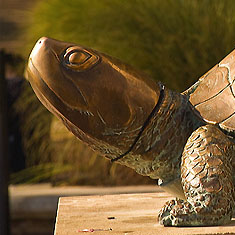Economic history, institutions, and political economy study overlapping questions. Economic history studies the structure and performance of societies through time. Markets, technologies, resources, and institutions play a central role in our explanations. Comparative institutional economics seeks to understand variations in the functioning of socioeconomic systems over both space and time, focusing on institutions and culture as fundamental determinants. Researchers in the comparative institutional field use the gamut of research methods to understand both the determinants and effects of institutions and culture. Political economy studies political institutions themselves using tools of economic analysis, the role of political institutions in shaping economic outcomes, as well as the role of the economy in political outcomes. Some current research areas include the behavior of political leaders, the role of elections in shaping outcomes, and lobbying and campaign contributions.


